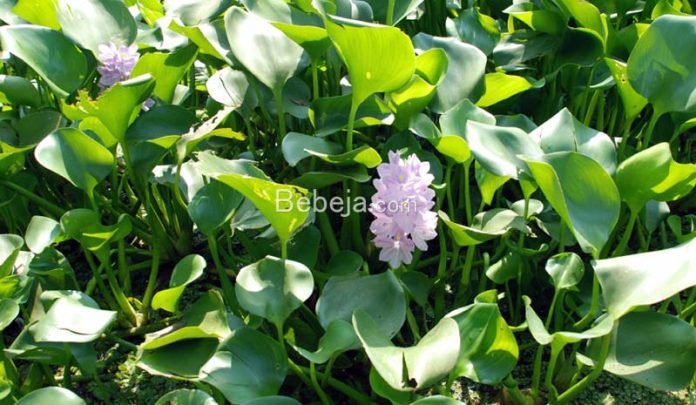Water hyacinth (Eichhornia crassipes) is a well-known aquatic weed that has various uses, including the production of bio-briquettes. It belongs to the Butomaceae family and is used in various crafts. In addition to coffee husks, bagasse, corn cobs, and wood, water hyacinth can serve as an alternative material for bio-briquettes.
In 2011, Djeni Hendra from the Forestry Engineering and Forest Products Processing Research and Development Center in Bogor, West Java, published research in the Journal of Forest Products Research (JPHH) that revealed the potential of water hyacinth as a bio-briquette. The bio-briquette has a combustibility of 3,061 calories/gram, which is slightly below that of young coal, averaging 4,000 calories/gram.
Before becoming a bio-briquette, the water hyacinth was sun-dried to a moisture content of about 5%. The process begins by carbonizing the water hyacinth at 400°C to produce high-quality charcoal. The resulting charcoal is then crushed into a fine powder and sieved. Adhesives are used to compact the powder into solid bio-briquettes,
Regarding the adhesive, it can affect the calorific value. Research by M Arief Karim and colleagues from the Chemical Engineering Study Program of the University of Muhammadiyah Palembang contained in Reactor: Journal of Research on Chemistry and Engineering volume 15 in 2014 showed that 8% wood glue adhesive and 10% tapioca flour gave the best results of water hyacinth bio-briquettes calories up to 4,000 calories/gram.
